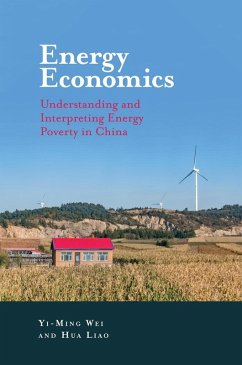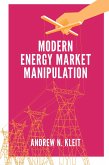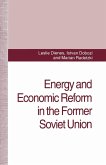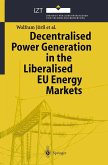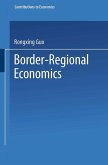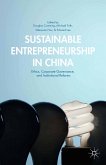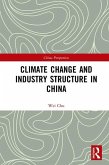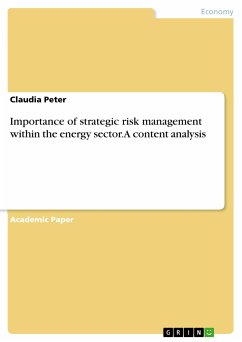Energy poverty, one of the major challenges facing the global energy system, has drawn wide attention from the international community and academia. As the largest developing country in the world, China faces a number of challenges in understanding and resolving the problem of energy poverty. Energy Economics: Understanding and Interpreting Energy Poverty in China presents a succinct overview of research on China's Energy Poverty as studied by the Center for Energy & Environmental Policy Research (CEEP), Beijing Institute of Technology (BIT). Based on the analytical framework of energy economics, the book summarizes and refines international energy assessment methods, builds China's energy poverty measurement and comprehensive evaluation criteria, and evaluates China's energy poverty from the perspective of time and space. It goes on to analyze the impact of solid fuel use on urban and rural residents' health, and review the relationship between energy poverty and economic development, clean energy development and energy poverty, as well as climate change and energy availability. Finally, it summarizes policies and actions to eliminate energy poverty.This book will provide essential scientific support for researchers and policy makers dealing with energy poverty.
Dieser Download kann aus rechtlichen Gründen nur mit Rechnungsadresse in A, B, BG, CY, CZ, D, DK, EW, E, FIN, F, GR, HR, H, IRL, I, LT, L, LR, M, NL, PL, P, R, S, SLO, SK ausgeliefert werden.

